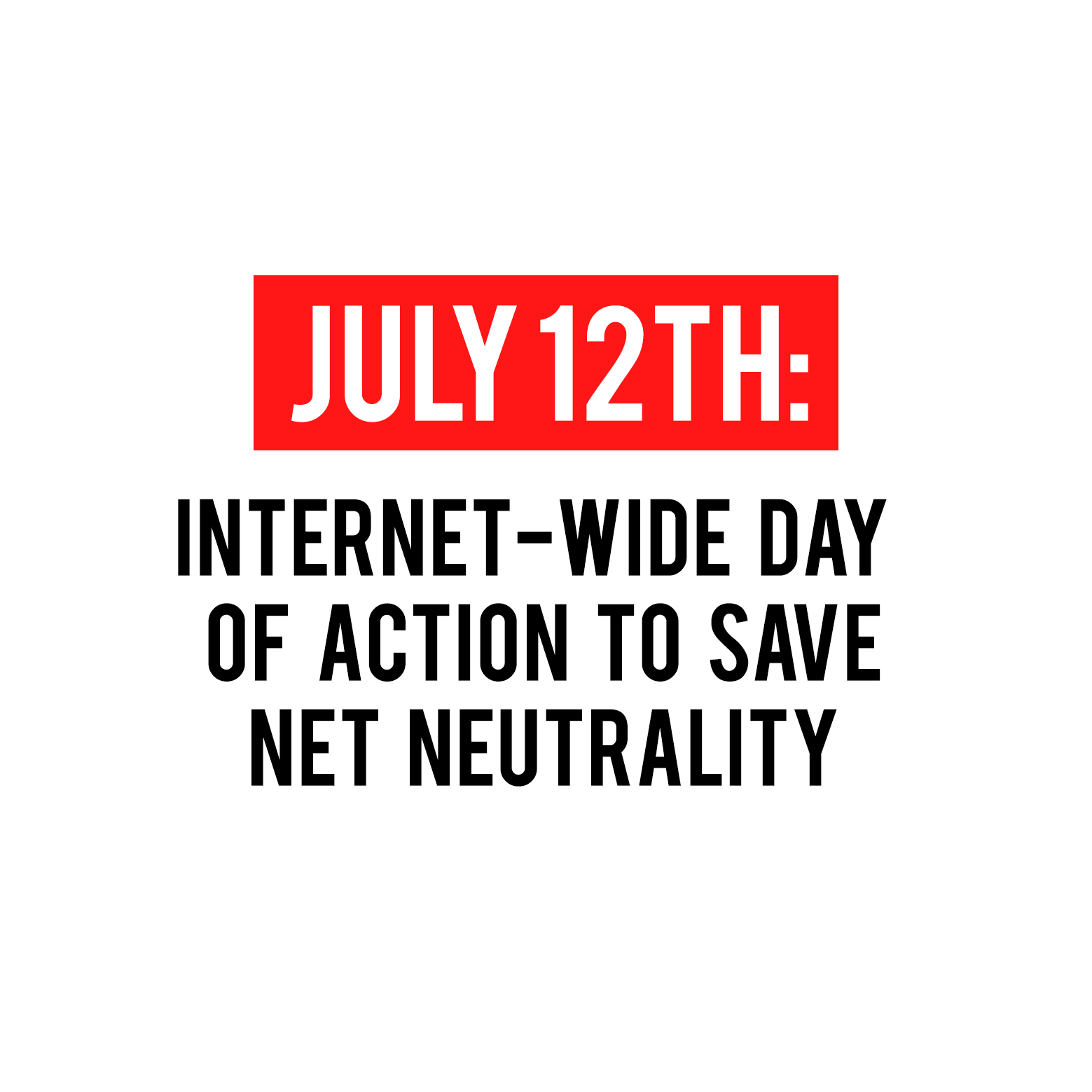ISPs reveal speed slowing measures
Leading ISPs unveil how their ‘traffic management’ rules affect customer broadband speeds, in an attempt to prove why these measures need to be taken.


A number of high profile internet service providers (ISPs) have agreed to reveal how they restrict broadband speeds through traffic management.
BT, Virgin Media and Sky are amongst the companies who have signed up to a new code of practice, drafted by the Broadband Stakeholders Group, in the hope it will show its users why restrictions need to be placed on speeds to ensure their networks remain in good health.
The ISP argument is the slowing of connections during busy periods allows them to maintain a strong network, with the breaks being put on less time critical activities.
However, there are concerns this practice will lead to a two-tiered internet, where ISPs will charge for websites to be prioritised something critics, such as the BBC, are strongly opposed to.
But Antony Walker, chief executive of the Broadband Stakeholder Group, thinks the new code is key, as whatever policy is made around traffic management in the future, it is important for the numbers to be transparent.
"There has been more heat than light in the debate about traffic management over recent years," he said. "This commitment to provide clear and comparable information in a common format is very important."
Walker added: "It will not only help to ensure consumers are better informed about the services they buy and use, but will also provide a clearer picture for policy makers of the way in which traffic management is actually used in the UK market."
Sign up today and you will receive a free copy of our Future Focus 2025 report - the leading guidance on AI, cybersecurity and other IT challenges as per 700+ senior executives
Other companies backing the code include O2, TalkTalk, Three and Vodafone. All the signatories together account for 90 per cent of fixed line customers and 60 per cent of mobile customers across the UK.
The initial code will be piloted throughout 2011, with a review set for early 2012 to "fine tune" the practice. At this point, consumer groups and other interested bodies will also be invited to put their thoughts across on how the code should be formalised.
"Consumers need to be able to make informed choices about the services they buy and policy makers need to be able to make informed decisions about the policy and regulatory framework they set," Walker added.
"This new commitment provides an essential building block for getting both of these things right."
Jennifer Scott is a former freelance journalist and currently political reporter for Sky News. She has a varied writing history, having started her career at Dennis Publishing, working in various roles across its business technology titles, including ITPro. Jennifer has specialised in a number of areas over the years and has produced a wealth of content for ITPro, focusing largely on data storage, networking, cloud computing, and telecommunications.
Most recently Jennifer has turned her skills to the political sphere and broadcast journalism, where she has worked for the BBC as a political reporter, before moving to Sky News.
-
 Everything we know so far about the Nike data breach
Everything we know so far about the Nike data breachNews Hackers behind the WorldLeaks ransomware group claim to have accessed sensitive corporate data
-
 Morgan Stanley research warns AI is having a huge impact on jobs
Morgan Stanley research warns AI is having a huge impact on jobsNews Analysis of five sectors highlights an "early warning sign" of AI’s impact on jobs
-
 The role of ISPs in the connected world now and in the future
The role of ISPs in the connected world now and in the futureSupported Content The role of the ISP has grown precipitously as the world becomes increasingly reliant on staying connected, but they must now adapt to changing times…
-
 US appeals court won't reconsider Net Neutrality repeal
US appeals court won't reconsider Net Neutrality repealNews BT and Microsoft among tech companies who backed the request
-
 What is net neutrality?
What is net neutrality?In-depth We look at what net neutrality is and explore surrounding issues...
-
 ISPs forced to ditch 'misleading' broadband adverts
ISPs forced to ditch 'misleading' broadband advertsNews Speeds can only be advertised if they are available to 50% of customers
-
 TalkTalk branded worst broadband provider by Which?
TalkTalk branded worst broadband provider by Which?News Sky and BT both also fared badly in the company's twice-yearly survey
-
 US Congress wants tech CEOs to testify on net neutrality
US Congress wants tech CEOs to testify on net neutralityNews Congressional intervention could end the battle between the FCC and tech firms
-
 Tech firms come together for 'net neutrality' protest
Tech firms come together for 'net neutrality' protestNews Thousands of websites are conducting a huge online protest against an FCC proposal
-
 EU publishes net neutrality guidelines
EU publishes net neutrality guidelinesNews Regulators get tough on protecting net neutrality
